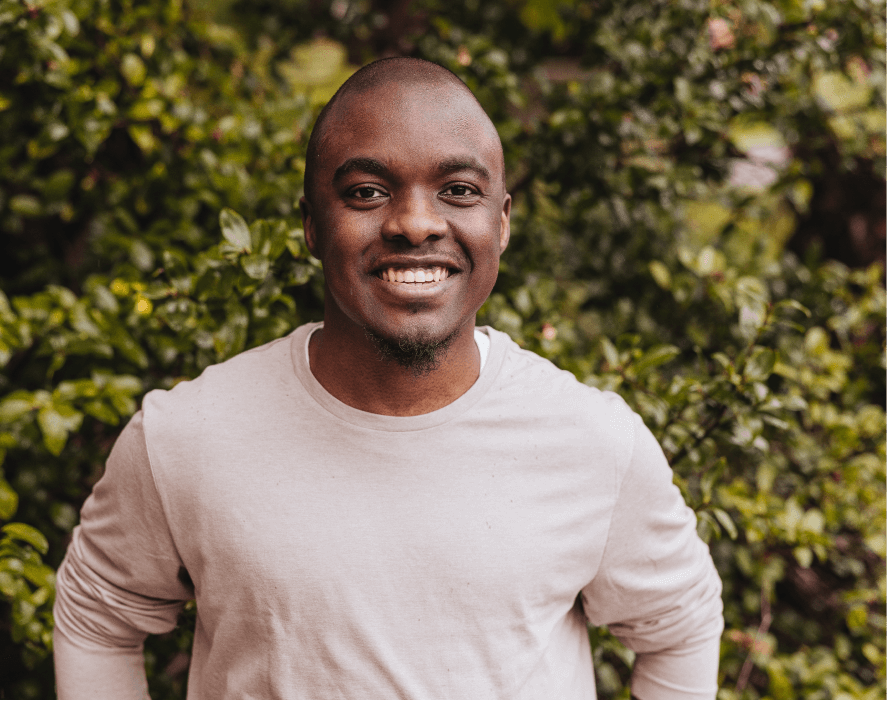

Cleo Schroer
Cleo Schroer is a Senior Policy Analyst at Good Energy Collective, where she’s been leading our nuclear waste siting research for the past two years. With a MS in Energy and Environment, and a BA in Environmental Analysis and Policy, Cleo brings 5 years of expertise in research, quantitative analysis, and policy analysis. Her work focuses on energy justice and climate change mitigation, and she is dedicated to advancing a just future for our energy system.
Prior to joining Good Energy Collective, Cleo worked as a research assistant at Boston University, where she analyzed the inequitable impacts of rolling blackouts during the 2021 Texas power crisis, looked into price gouging by oil companies after the invasion of Ukraine, and the efficacy of forest carbon offset programs in the US. Her research has been published in Energy Economics and Energy Research and Social Science, and has contributed to a broader understanding of effective and just energy system.
At Good Energy Collective, Cleo is responsible for research implementation, data analysis, and report generation. She is passionate about climate justice, and her goal is to understand effective mechanisms for addressing the climate crisis while addressing existing injustices.
When not immersed in research, Cleo enjoys playing guitar and exploring New York City with friends.





_20230410-IMG_8456%20(1)%201.png)









